A guest post from the amazing English teachers at PKS!
While the students spend the majority of their day learning in Mandarin, English at PKS is truly a special time of day! Currently, our students receive 45 minutes of daily dedicated English instruction, often in collaboration with their Units of Exploration. Reading and Writing Workshop is also part of our daily practice. Stop by any time of day and you will see our teachers modeling reading and writing for students and students engaged in independent reading and writing. You will also see students actively sharing reading and writing strategies with each other.
In Kindergarten our English classes do not exceed 11 students per class. This class size is advantageous for teachers and eager students alike. In the early days of Kindergarten through First Grade, students begin to develop and display reading and phonological awareness. Our teachers are highly skilled in the Orton-Gilligham approach, which is an impactful multisensory reading program. Each child has the opportunity to work one-on-one with an instructor, or on independent centers, in addition to reading in cooperative groups. Students listen to and read a variety of texts including Mo Willems, Dan Yaccarino, Chris Van Allsburg, Laura Numeroff, Leo Leoni, Kevin Henkes, and William Steig.
In Second Grade, we really see students’ English literacy take off! This is the age when children are able to read longer and more complex texts. Parents of second graders often comment that their children are starting to read voraciously at home, and they need to visit the library often in order to keep up with their children’s literary appetites. Second Grade is also the time when students’ writing becomes noticeably more fluent. This year our second graders wrote their own poetry books. Each book and each poem were different, reflecting our students’ unique personalities and styles.
In Third Grade, students read at and above grade level texts (including realistic fiction, fantasy, historical fiction, nonfiction, biographies, literary magazines, news articles, and more) with fluency and accuracy. They begin to use context to determine relevant meaning of unfamiliar words or distinguish among multiple meaning words, common prefixes and suffixes, homographs and homophones, and so on. Students read, write, understand, make inferences, and draw conclusions about the structure and elements of poetry. They also learn to write for different purposes including personal narratives and essays, persuasive essays, and expository texts.
A sensory poem by a Third Grader
In Fourth Grade, students continue to read above grade level texts with fluency and accuracy. Students also understand and determine the meaning of new vocabulary through grade level academic English words derived from Latin or other linguistic roots and affixes. Throughout the year, students read, analyze and write a variety of literary texts, nonfiction texts, and poetry. In addition, they learn how to write for different purposes, focusing on informational, expository and persuasive texts.
Follow us on Facebook!





